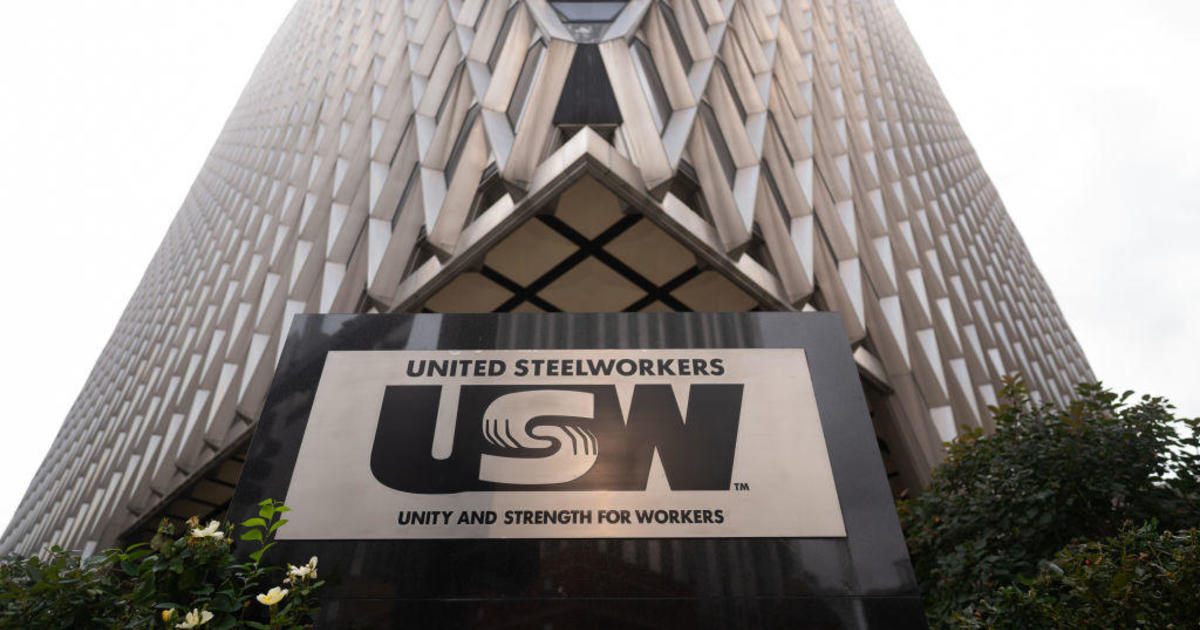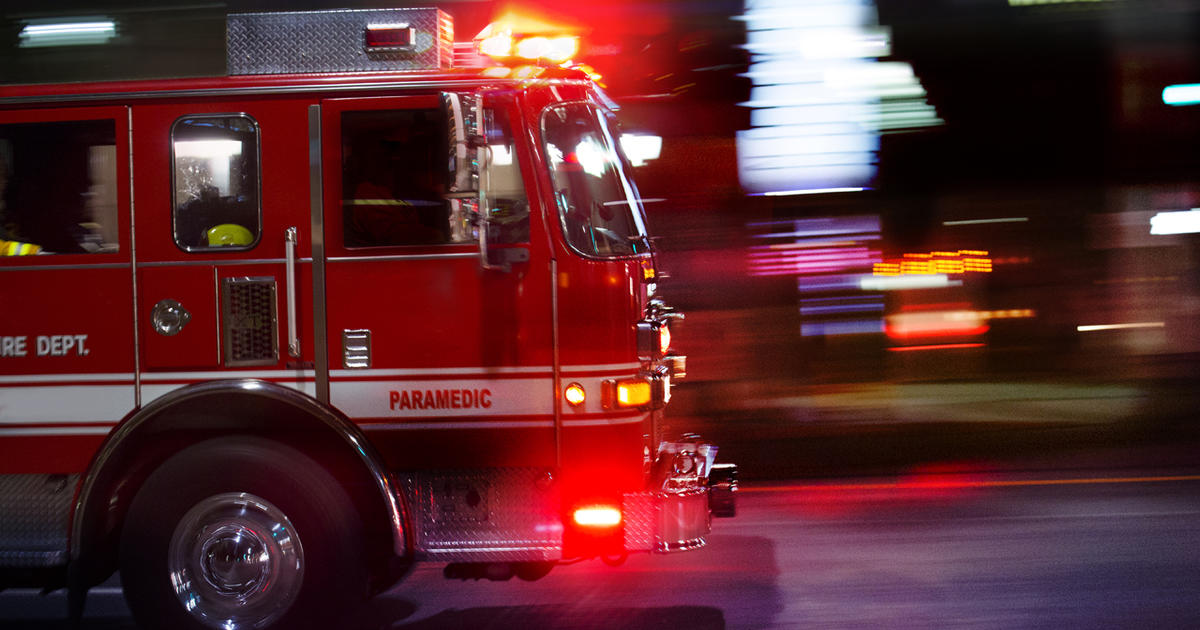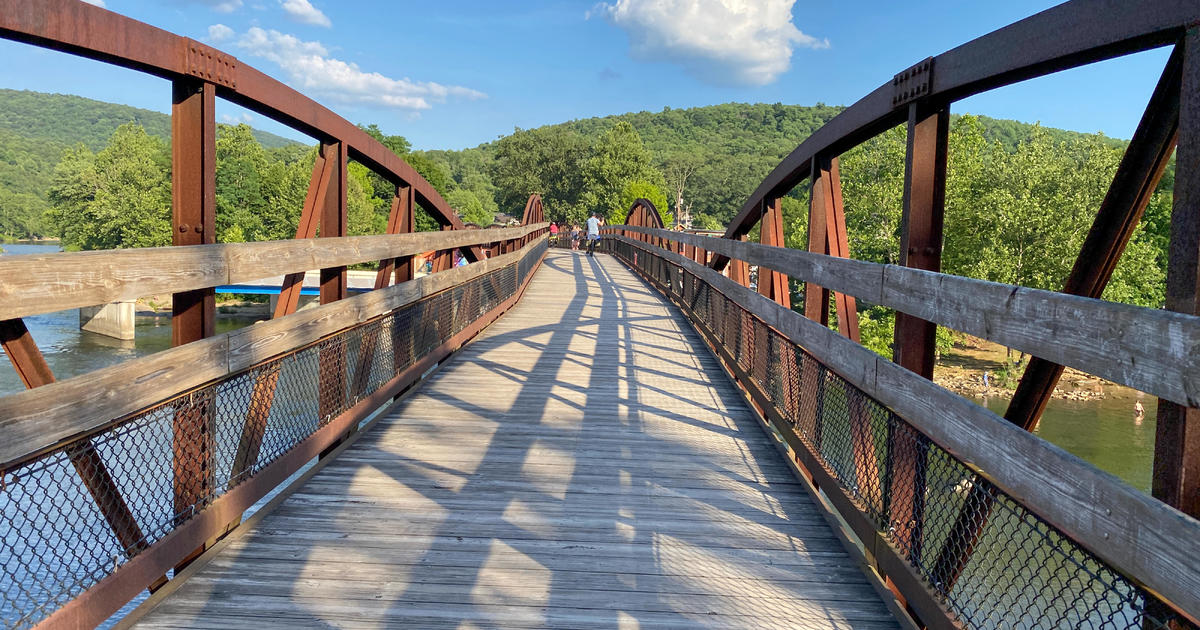How Do Monoclonal Antibody COVID-19 Programs Work?
PITTSBURGH (KDKA) -- The surge is here, and more positive test results are bringing an increased demand for treatment.
Monoclonal antibodies look to ease symptoms and cut down on recovery time. KDKA's Meghan schiller checked in with Allegheny Health Network, UPMC and the stand-alone center Olympus Infusions to find out how the programs work.
It's an infusion that some say made them feel much better. And inside Olympus Infusions in West Mifflin, the cots are booked.
"The data suggests if I can get you infused within the first three days in particular after you develop symptoms, as soon as you get a positive test, that's where I get the most bang for my buck and I could reduce symptoms up to 90 percent, it's huge," said Dr. Tim Campbell, chief medical officer of Olympus Infusions.
Ideally, a person wants to find monoclonal antibodies within 10 days of getting sick. Olympus Infusions accepts insurance and operates as a stand-alone facility.
"Our high days, we're seeing 220 patients, and most days we average probably between 150 to 200. So it has steadily increased. We opened the doors about nine weeks ago," said Dr. Campbell.
KDKA's Meghan Schiller also checked in with both UPMC and Allegheny Health Network. Both hospital systems still offer the antibodies, but only to high-risk patients currently due to short supply.
AHN describes its program as "functional, but small."
"We have to prioritize our highest risk patients because we have limited availability," said Dr. Amy Crawford-Faucher, vice-chair, Primary Care Institute, Allegheny Health Network.
High risk includes immuno-compromised people who might not find enough protection from the vaccine.
"People undergoing active chemotherapy, transplant recipients, people on immune compromising medications and pregnant women," said Dr. Crawford-Faucher.
She said all AHN's physicians and clinicians can order monoclonal antibodies and request to get their patients into the program.
"We currently offer one monoclonal antibody for treatment that is sotrovimab," said Dr. Erin McCreary, infectious disease pharmacist at UPMC. "It neutralizes Omicron and it's effective for treatment. However, due to the scarcity of that medication, we don't have enough drug for every eligible patient."
That's why UPMC is also only offering sotrovimab to its high-risk patients. UPMC also plans to sign hundreds of its most high-risk patients up for a lottery system to receive a new preventative monoclonal antibody, the first one authorized by the FDA, called Evusheld.
"The goal would be to give this, in addition to vaccination, as an extra layer of protection for patients that are really at risk of bad outcomes. And so yes, it's really exciting that we have this additional antibody cocktail to help these patients and prevent them from getting sick," said Dr. McCreary.



